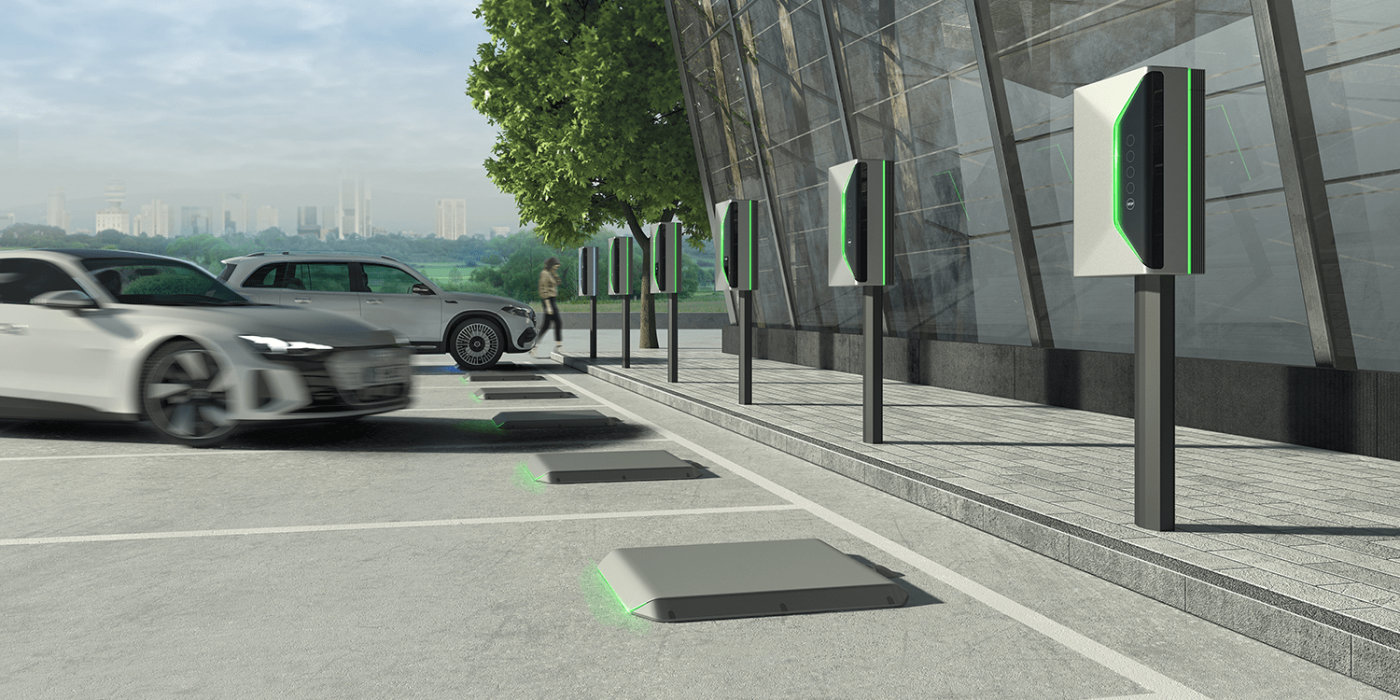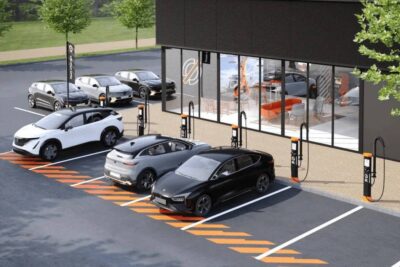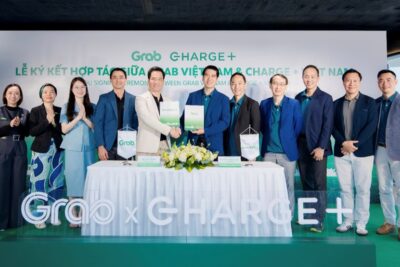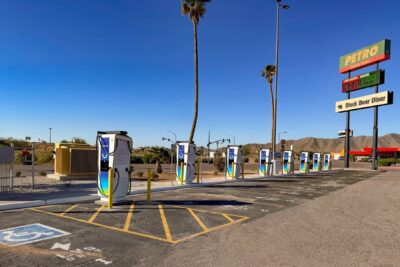CharIN taskforce for wireless charging driven by power players
CharIN has launched the ‘Wireless Power Transfer Taskforce’ initiated by Siemens, WiTricity, and Mahle. They aim to harmonise inductive charging solutions for electric vehicles worldwide. The industry is invited to participate.
CharIN says the task force seeks to close “remaining gaps in standardisation that pose challenges to vehicle OEMs and the imminent deployment of wireless charging”.
The work has already started this month, and participants shall seek solutions “in a timely manner, ensuring the successful integration and utilisation of wireless power transfer technology in the evolving electric mobility landscape”.
To do so, the Taskforce will work towards harmonising standards in wireless power transfer (WPT) technology and define “rigorous test procedures and certification guidelines” for interoperability.
The focus is on a static 11 kW charging system, not systems able to charge electric cars in motion.
This may also lie in the nature of the initiators. None is a stranger to the task or one another.
Siemens, Mahle and WiTricity currently show how to charge the VW ID.4 without plugging in at the IAA.
#IAA23: @SiemensInfra shows what #EVcharging will look like. With @WiTricity & @MAHLE_Group, they developed a wireless charging solution that is basically as efficient as traditional cable charging. Have a look under this ID.4 at the Siemens Booth B12/Hall B3!#SiemensInfluencer pic.twitter.com/7pkzvH3a4U
— Dr Thomas Hillig • #EUSEW2024 Ambassador (@THEnergyNet) September 5, 2023
While little details were released, the Siemens Infrastructure solution likely builds on WiTricity’s Halo system. It offers 11 kW of power and comprises three components: the power receiver on the vehicle underbody, the wall box, which is connected to the power supply, and the charging station.
WiTricity previously worked with ABT e-Line to upgrade an ID.4 for wireless charging, ready for launch in 2024. Other electric cars from the VW Group are to follow.
As for Siemens, the German corporation took a minority stake in the wireless charging specialist for 25 million dollars (€23.3Mn) in June 2022. The deal made Siemens Witricity’s licensee, and already at the time, both said they would drive harmonisation efforts.
WiTricity has done so for some time. It acquired Qualcomm’s platform in 2019 to “simplify global interoperability and significantly accelerate commercialisation,” said Alex Gruzen, CEO of WiTricity.
The company has also been working with Mahle for as long.
Other WiTricity licensees include Toyota, Genesis, Aptiv (previously Delphi), TDK, IHI, Shindengen, Daihen, Brusa and Anjie Wireless.
The company also presented a retrofit system using a Tesla Model 3 in February 2022, so its industry connections are vital.
And, only this July, WiTricity announced a programme for OEMs to enable initial vehicle integration in just three months. This is designed to significantly accelerate testing for wireless charging on existing and future electric vehicle platforms.
Now, bringing the efforts into a more global framework via CharIN seems to make sense and may speed up commercialisation.
“We initiated this Taskforce to make convenient wireless charging available to end customers very soon,” said Thomas Wuerz, Taskforce lead, Siemens.
Both CharIN members and non-members are invited to participate and can register their interest by contacting the organisation directly.





1 Comment